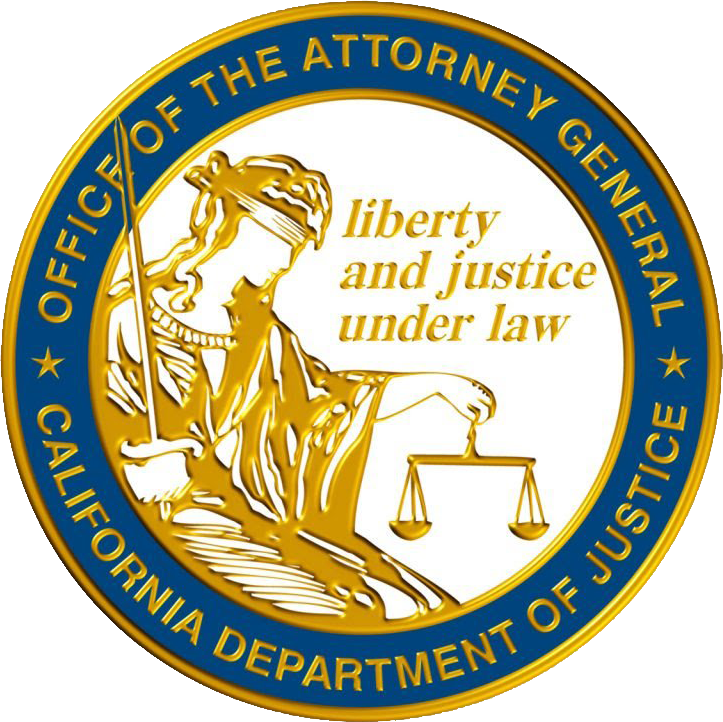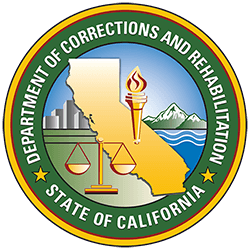What is the
California Public Records Act
Each State has their own version of the FOIA (Freedom of Information Act), which allows you to request public records from government agencies.
Calunah drafts your request letter so it’s professional and ready to submit—then you simply send it to the agency.
Our platform ensures your request is formatted correctly, saving time, and avoiding errors, while keeping your personal information private.
Whether it’s for business, research, or personal purposes, being able to request government records is your right.
How Calunah Works
Answer a few questions, let Calunah generate your letter, then download and send it confidently.
Choose Your Record Type
Answer a Few Quick Questions
Get Your Request Letter Instantly
Popular
California
Records You Can Request
Start Your
California
Records Request
We generate your letter, you submit it. We don’t contact agencies for you. That keeps your information in your control.
California
State Records FAQs
The CPRA (Gov. Code §§ 7920.000–7931.000) provides the public with the right to inspect or obtain copies of records held by California state and local agencies, unless an exemption applies.
Anyone — California residents, non-residents, journalists, businesses, or organizations. You do not need to explain why you are requesting records.
Agencies must respond within 10 calendar days of receiving a request. In unusual cases, they can extend the deadline by up to 14 additional days with written notice.
While some agencies accept oral requests, submitting a request in writing is strongly recommended to protect your rights and establish a clear record of the request.
Agencies may only charge the direct cost of duplication (e.g., paper copies, CDs, or USBs). They cannot charge for search or review time. Many electronic records are provided free of charge.
Examples include: police reports, government contracts, emails, environmental studies, budget data, inspection reports, and meeting records.
Yes. Records may be withheld if they are exempt, such as ongoing law enforcement investigations, attorney-client privileged materials, trade secrets, or records that would invade personal privacy.
You may file an administrative appeal with the agency. If denied again, you may challenge the decision in court. Calunah can help you draft appeal letters.
FOIA applies to federal agencies, while CPRA applies to California state and local agencies. Response times, exemptions, and fee rules differ between the two laws.
No. CPRA is available to any person, regardless of residency. You can request records from California agencies even if you live in another state.




